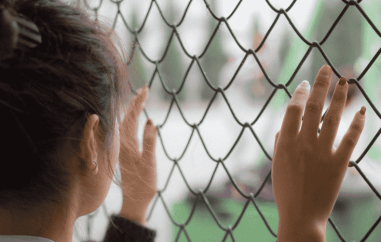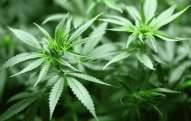Early Onset of Puberty on the Rise, Accelerated by the Pandemic
 Medical professionals have observed a concerning trend of puberty initiating at younger ages, a phenomenon that has been progressively escalating for decades. The impact of the COVID-19 pandemic has further exacerbated this trend, with a notable increase of 20 to 30 percent in reported cases of premature puberty, according to Bettina Gohlke from the Bonn University Children's Hospital. This occurrence is not limited to specific regions, as corresponding data from Europe, the USA, and China attests to its global prevalence.
Medical professionals have observed a concerning trend of puberty initiating at younger ages, a phenomenon that has been progressively escalating for decades. The impact of the COVID-19 pandemic has further exacerbated this trend, with a notable increase of 20 to 30 percent in reported cases of premature puberty, according to Bettina Gohlke from the Bonn University Children's Hospital. This occurrence is not limited to specific regions, as corresponding data from Europe, the USA, and China attests to its global prevalence.
Termed pubertas praecox, precocious puberty involves the development of external sexual characteristics in boys before the age of 9 and in girls before the age of 8. For girls, this includes the early development of breasts. One theory linking the onset of premature puberty to the pandemic suggests that heightened parental awareness resulted from increased time spent with children due to school closures and remote work.
Pediatric endocrinologist Gohlke also highlights a potential connection with elevated psychosocial stress during the pandemic, as previous studies indicate that children in stressful situations tend to mature physically sooner. Additionally, discussions around the impact of lifestyle factors, such as increased food consumption and reduced physical activity during the pandemic, suggest a potential weight-related influence on early puberty.
Gohlke emphasizes a multifactorial effect, stating that even after adjusting for weight, an increase in premature puberty cases persists. The longevity of this trend remains uncertain, leaving experts questioning whether it will subside post-pandemic.
Biologically, puberty commences with an uptick in sex hormone production. Munich endocrinologist Günter Stalla elucidates the physical changes associated with puberty in both boys and girls. Notably, data from research led by Gohlke's team indicates a consistent decrease in the average onset age of puberty for both genders, falling by approximately three months per decade since the 1970s. Despite this, the age at the end of puberty has remained constant over the past 50 years.
The onset of puberty is influenced by various factors, with genetics playing a primary role. Factors such as persistent psychological stress, diet, and obesity are also implicated. Hamburg endocrinologist Stephan Petersenn notes that societal standards of living correlate with the age of puberty onset, with socially disadvantaged families experiencing premature puberty more frequently.
Experts postulate that besides weight, contemporary children may be exposed to a myriad of hormonal substances, although a lack of comprehensive studies hinders conclusive evidence. Potential psychological and physical consequences of early puberty include accelerated growth followed by premature growth plate closure, height-related concerns, and shifts in emotional and cognitive development.
Despite potential long-term consequences being under scrutiny, reliable information is lacking. Gohlke underscores the limited data on this aspect.
Addressing premature puberty, synthetic messenger substances can halt sex hormone production through quarterly injections. However, Gohlke notes that therapy's effectiveness in height growth is limited, emphasizing the need for early intervention, ideally before the age of six, which is a rare occurrence."









































